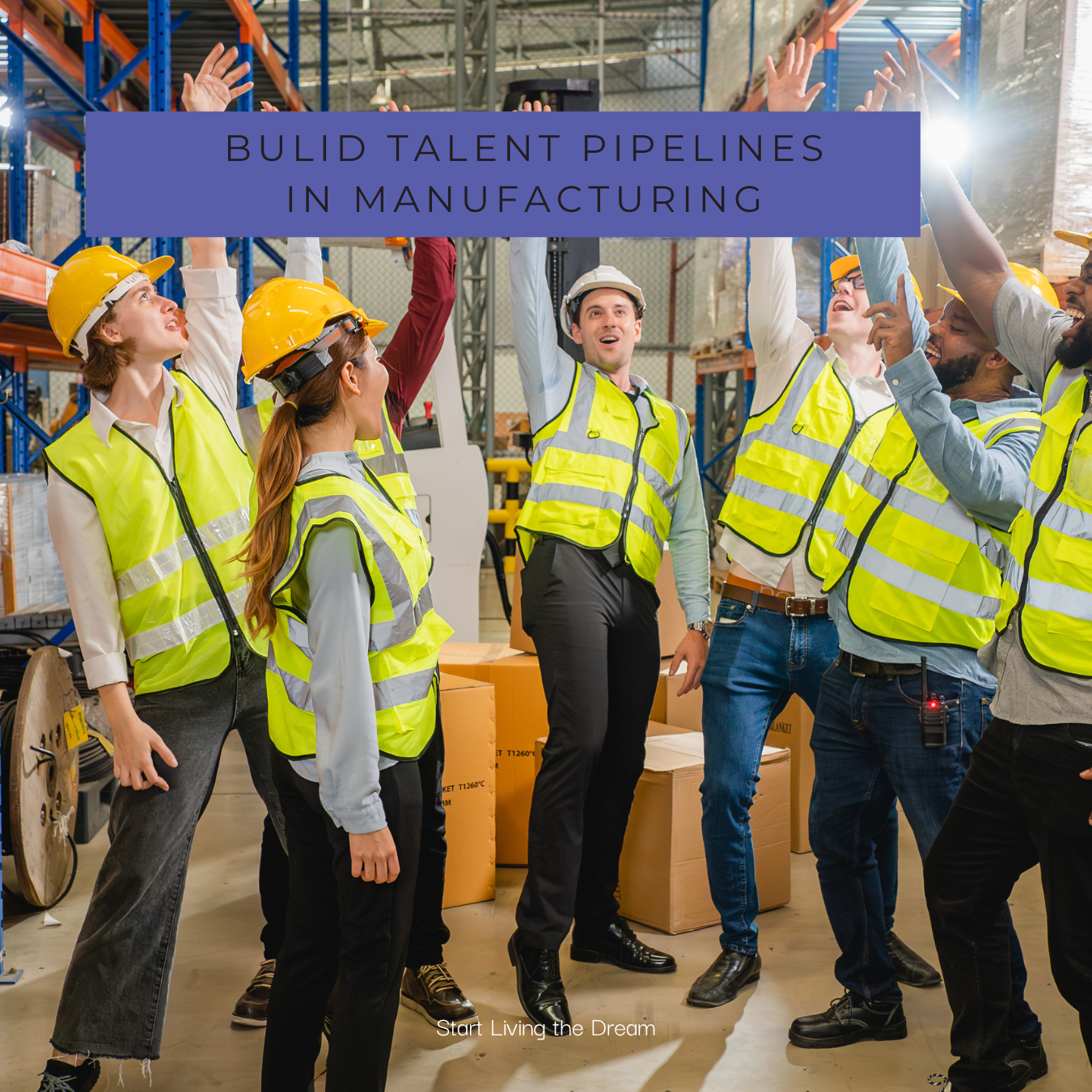The trades and manufacturing sectors are experiencing a renaissance, driven by technological advancements and a renewed appreciation for skilled labor. These fields offer diverse, well-paying career paths for individuals who enjoy working with their hands and solving real-world problems. But success in these industries requires more than just technical skills. A blend of practical know-how, critical thinking, and strong interpersonal abilities are essential for thriving in today’s manufacturing and trade environments.
Essential Skills for the Modern Tradesperson:
While the ability to fix a circuit board or operate complex machinery is crucial, a broader skillset is equally important. Let’s break down some key areas:
- Technical Proficiency: This includes the hands-on skills specific to a trade, such as welding, carpentry, electrical work, or machining. It also encompasses the ability to read and interpret technical documents, including blueprints and schematics. A seemingly simple skill like accurately reading a tape measure is fundamental for many trades. Mastery requires understanding fractions, decimals, and how to apply them in practical measurement scenarios.
- Ladder Logic: In automated manufacturing, understanding ladder logic is vital. This programming language is used to control Programmable Logic Controllers (PLCs), the brains behind many industrial processes. Ladder logic visually represents the sequence of operations, enabling technicians to troubleshoot and modify automated systems. It’s a crucial skill for anyone working with PLCs, which are ubiquitous in modern manufacturing.
- Critical Thinking: This involves analyzing information, identifying problems, and developing effective solutions. In the trades, critical thinking is used to diagnose equipment malfunctions, optimize processes, and make informed decisions under pressure. For example, a technician might need to troubleshoot a malfunctioning machine, considering various potential causes and systematically testing them to pinpoint the issue.
- Communication & Teamwork: Effective communication is paramount in collaborative work environments. Tradespeople often work in teams, coordinating their efforts to complete complex projects. The ability to clearly communicate instructions, share information, and resolve conflicts is essential for project success. Teamwork involves respecting diverse perspectives, contributing constructively, and supporting colleagues. A well-functioning team can significantly outperform a group of individuals working in isolation or the best robotics systems over time.
The Human Factor: Beyond the Machines
While automation is increasingly prevalent, the human element remains crucial. Robots, while efficient in repetitive tasks, have limitations. They may not get sick, but downtime due to malfunctions can occur at the most critical times, potentially halting production. Furthermore, the reliance on proprietary systems from robot manufacturers can create bottlenecks. These companies often lock clients into long-term contracts and require specialized technicians for repairs, leading to delays and increased costs.
Building a Better Future: Investing in People
The key to a thriving manufacturing sector lies in investing in its workforce. Simply replacing workers with robots is not a sustainable solution. Instead, companies should focus on developing talent pipelines and fostering a positive work environment.
- Apprenticeship Programs: These programs provide hands-on training and mentorship, equipping individuals with the skills needed to succeed in the trades. Apprenticeships offer a pathway to well-paying careers without the burden of extensive student debt.
- Partnerships with Educational Institutions: Collaborating with colleges and universities to offer relevant training programs and internships can create a pipeline of skilled workers. Engaging bright engineering students with small budgets on targeted projects can often yield innovative and cost-effective solutions, outperforming expensive, less invested firms.
- HIF Logic and Company Culture: Creating a supportive and inclusive work environment is crucial for attracting and retaining talent. A culture that values employees, provides opportunities for growth, and promotes open communication can boost morale, productivity, and innovation. HIF Logic, which emphasizes human interaction, education, and engaging experiences, can be instrumental in building such a culture. When employees feel valued and have a sense of purpose, they are more likely to be engaged, productive, and committed to the company’s success.
Addressing worker dissatisfaction through education and opportunity is far more effective and cost-efficient than simply dismissing or replacing employees. Providing individuals with the tools and support they need to build a better future for themselves can transform a disgruntled workforce into a motivated and productive team.
Dream2Career: Your Partner in Innovation
Navigating the complexities of modern manufacturing requires strategic planning and a focus on both technology and people. If your company needs assistance in balancing innovation with cost-effectiveness, Dream2Career can help. We are committed to prioritizing the needs of your company and employees when recommending strategic partners, ensuring that your investments are aligned with your long-term goals.
Contact us today to explore how we can help you build a profitable, lean, motivated workforce with unlimited potential.


